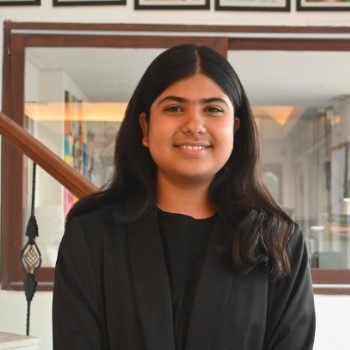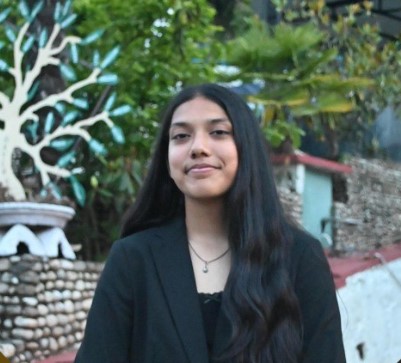LOK SABHA
Agenda: exploring the pros and cons of the implementation uniform civil code (UCC) in India
The Constitution of India was adopted on 26 November 1949 and came into effect on 26 January 1950, proclaiming India to be a sovereign, democratic republic. This contained the founding principles of the law of the land which would govern India in its new form, which now included all the princely states which had not acceded to Pakistan. [citation needed] According to Article 79 (Part V-The Union.) of the Constitution of India, the Parliament of India consists of the President of India and the two Houses of Parliament known as the Council of States (Rajya Sabha) and the House of the People (Lok Sabha). The Lok Sabha (Lower House of the People) was duly constituted for the first time on 17 April 1952 after the first General Elections held from 25 October 1951 to 21 February 1952 Lok Sabha is composed of representatives of people chosen by direct election on the basis of Universal Adult Suffrage.
The Constitution of India allows for a maximum of 550 members in the House, with 530 members representing the States and 20 representing the Union Territories. At present, the Lok Sabha has 543 seats filled by elected representatives. The term of the Lok Sabha, unless dissolved, is five years from the date appointed for its first meeting. However, while a proclamation of emergency is in operation, this period may be extended by Parliament by law for a period not exceeding one year at a time and not extending in any case, beyond a period of six months after the proclamation has ceased to operate. Through this MUN we aim on helping you all experience the proceedings of the Lok Sabha and also wish to see enthralling debates and expect all the members to come up with possible solutions that lead to the development of a more peaceful environment.
The Uniform Civil Code (UCC) has been a subject of intense debate and discussion in India for decades. The idea behind a UCC is to have a common set of laws governing personal matters such as marriage, divorce, inheritance, and adoption for all citizens, irrespective of their religious affiliations. India, being a diverse country with multiple religions and religious laws, currently has different personal laws for different religious communities. It refers to the idea of replacing personal laws based on religious practices with a single set of uniform laws applicable to all citizens irrespective of their religion, caste, or community. The concept aims to bring about social and legal reform, but it also raises significant concerns. The proposals in UCC include monogamy, equal rights for son and daughter over the inheritance of paternal property, and gender and religion-neutral laws with regard to the will, charity, divinity, guardianship, and sharing of custody. The Uniform Civil Code aims to establish a uniform legal framework for all citizens, regardless of their religion. Article 44 in the DPSP, found in Part IV of the Constitution, states that “the State shall endeavour to secure for the citizens a uniform civil code throughout the territory of India”
e-mail id: loksabha.mismun2023@gmail.com
CHAIRS

Muskan Aryan
Chairperson of Lok sabha
Muskan Aryan is a passionate MUN-er, an audacious debater and most importantly, a solicitous friend who is always willing to help. Muskan serves as the interact presidents and vice – house captain, depicting her wonderful leadership skills. She is someone who always finds a way to do things she is keen about, whether it be running around for interact work, fervently researching for MUNs or her other multifaceted interests ranging from academics to debates. She is outspoken and is driven by her spirit of inquiry and egalitarianism, which is proven by her long list of accolades ranging from notable mentions to best delegate. Her public persona radiates benevolence and charismatic aura that enables everyone to gravitate towards her. Being her vice chair is a privilege as she is an inspiration embodying relentless passion and modesty.

Pratyakccha Karna
Vice-chairperson of Lok sabha
Vice chairing Lok Sabha, is Pratyakccha Karna with determination running through her veins. Serving several achievements in the MUN circuit, she ensures that every committee session is engaging and thrilling. Besides being intellectual at studies, she is an excellent techno crat. Pratyakccha, being a respectable member of our school’s Interact Club cares a great deal about empathy. She is blessed with immaculate conversational skills. But these are only the tip of the iceberg. She commits herself to everything she tries and succeeds if she puts her mind into it. Her excellent persuasion and speaking skills are what makes her deserving of everything coming her way. There are no words to describe just how intelligent she is, every conversation with her teaches you something new, interesting and wondrous. Her confidence knows no bounds and her goals are vaster than her knowledge.
